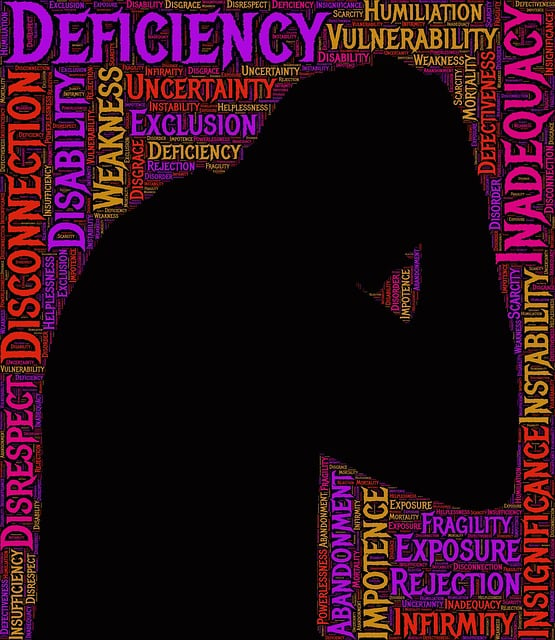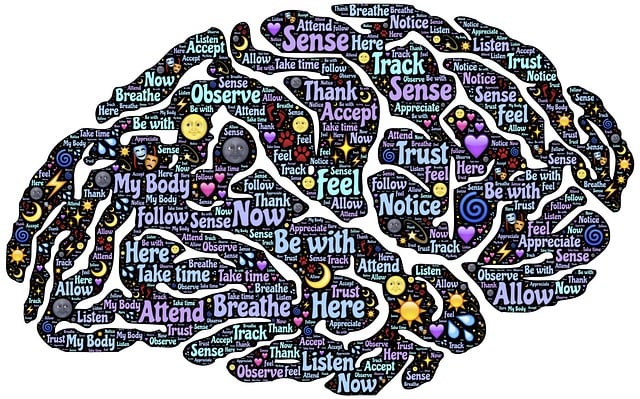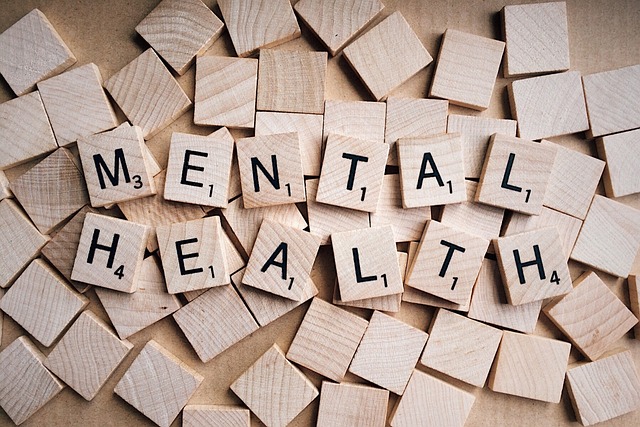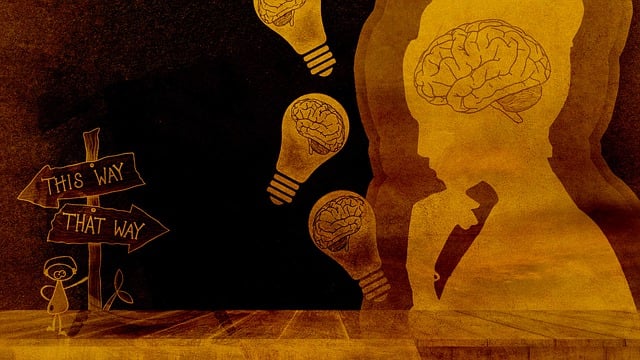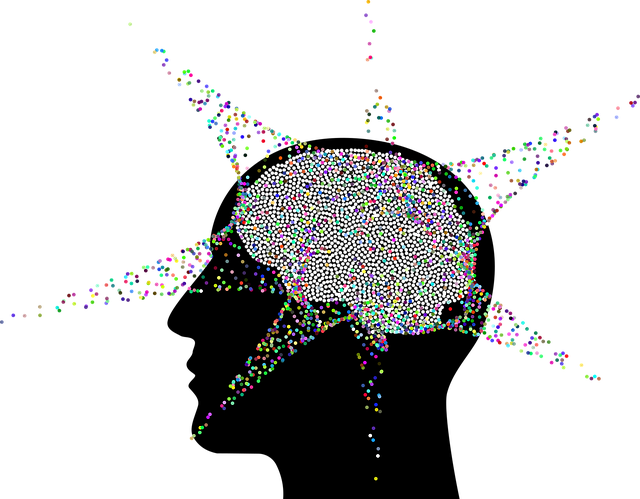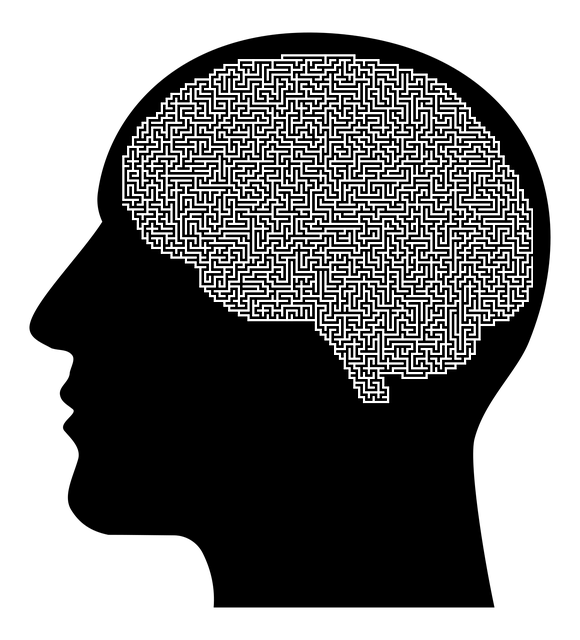For Centennial Young Adults (18-35) facing mental health challenges, Centennial Young Adults Therapy provides tailored support. Recognizing diagnoses empowers access to holistic care, including trauma-focused therapy and advocacy for better mental health policy. This approach combines evidence-based methods like CBT and DBT with alternative therapies, positive thinking coaching, and community building. Early intervention through Centennial Young Adults Therapy aims to prevent and manage issues, promoting resilience and reducing stigma.
Mental illness diagnoses can be daunting, especially for young adults navigating their independence. This comprehensive guide aims to demystify mental health support for this demographic. We explore key aspects such as recognizing symptoms and understanding various diagnoses relevant to young adults. Additionally, we delve into available treatment options, including therapy models tailored to Centennial Young Adult Therapy centers, and the importance of building supportive networks. Early intervention strategies are also highlighted to prevent escalation, emphasizing proactive mental well-being care for this generation.
- Understanding Mental Health Diagnoses for Young Adults
- Navigating Treatment Options: Therapy and Beyond
- The Role of Centennial Young Adult Therapy Centers
- Building a Supportive Network for Effective Healing
- Early Intervention: Preventing Escalation of Mental Health Issues
Understanding Mental Health Diagnoses for Young Adults

For young adults navigating mental health challenges, understanding diagnoses is a crucial step toward healing and recovery. This age group, often referred to as Centennial Young Adults, faces unique pressures from academic demands, career aspirations, and social expectations. As a result, they may experience a wide range of mental health conditions, including anxiety disorders, depression, bipolar disorder, and post-traumatic stress disorder (PTSD). Recognizing these diagnoses is essential for accessing appropriate Centennial Young Adults Therapy and support services.
Trauma support services play a vital role in the lives of many young adults, especially those who have experienced adverse childhood events or significant life traumas. Social Skills Training can be beneficial for individuals struggling with interpersonal relationships and communication, addressing potential gaps caused by trauma. Moreover, understanding mental health policy analysis and advocacy ensures that young adults and their families are aware of available resources and can access appropriate care within the current mental health framework.
Navigating Treatment Options: Therapy and Beyond

Navigating treatment options is a crucial step for young adults facing mental health challenges. Beyond traditional therapy sessions, there are various approaches that can complement and enhance healing. Centennial Young Adults Therapy offers a holistic view of mental wellness, recognizing the importance of individual needs and preferences. This may include exploring alternative therapies such as art or music therapy, which provide unique avenues for expression and self-discovery.
Additionally, integrating Positive Thinking and Self-Care Routine Development for Better Mental Health into daily life is essential. Mental Wellness Coaching Programs can guide young adults in cultivating resilience, building coping strategies, and fostering a sense of empowerment. By combining evidence-based therapies with personalized coaching, Centennial Young Adults Therapy ensures comprehensive support, empowering individuals to take control of their mental health journey and thrive.
The Role of Centennial Young Adult Therapy Centers

Centennial Young Adult Therapy Centers play a pivotal role in navigating the complex landscape of mental health for individuals aged 18-35. These specialized facilities are designed to address the unique challenges and needs of young adults, offering a supportive environment where they can explore their mental health concerns without stigma. The focus is often on evidence-based therapeutic approaches, such as cognitive behavioral therapy (CBT), dialectical behavior therapy (DBT), and mindfulness meditation, empowering individuals with effective coping skills development and self-care practices.
Through individual and group therapy sessions, these centers foster a sense of community and belonging, crucial for young adults navigating life’s transitions and pressures. By integrating evidence-based strategies and promoting Self-Care Practices, Centennial Young Adult Therapy Centers equip their clients with the tools to manage symptoms, build resilience, and lead fulfilling lives.
Building a Supportive Network for Effective Healing

Building a supportive network is an integral part of navigating mental illness and fostering effective healing, especially for young adults transitioning into their centennial years. This involves surrounding oneself with understanding and empathetic individuals who can offer both practical assistance and emotional support. At Centennial Young Adults Therapy, we emphasize the power of community in recovery. Encouraging our clients to connect with family, friends, or support groups equips them with a sense of belonging and encouragement, vital for managing symptoms and maintaining mental wellness.
Emotional intelligence, a key component of this network, plays a significant role in recognizing and understanding one’s emotions as well as those of others. Burnout prevention strategies for healthcare providers are also essential, as they ensure that those offering support remain resilient and equipped to help. Additionally, integrating mental wellness coaching programs can develop personalized coping mechanisms and promote self-care practices, ultimately contributing to a holistic approach to healing and well-being.
Early Intervention: Preventing Escalation of Mental Health Issues

Early intervention plays a pivotal role in preventing the escalation of mental health issues among Centennial young adults. By identifying and addressing concerns promptly, therapy services can significantly mitigate risks and promote positive outcomes. The goal is to catch potential problems before they become severe, ensuring that young individuals receive the necessary support and guidance. This proactive approach not only enhances their overall mental wellness but also fosters resilience and empowers them to lead fulfilling lives.
Centennial Young Adults Therapy offers tailored programs aimed at increasing Mental Health Awareness and providing effective tools for managing stress. Through regular sessions, personalized therapy plans can be developed, incorporating Mental Wellness Journaling Exercise Guidance to track progress and identify triggers. Additionally, Stress Management Workshops Organization can host informative sessions, teaching valuable coping strategies and fostering a supportive community. These collaborative efforts contribute to an environment where mental health is prioritized, encouraging open conversations and reducing the stigma associated with seeking help.
Mental health diagnoses and treatment navigation are crucial aspects of supporting young adults. By understanding various conditions, exploring therapy options including Centennial Young Adults Therapy centers, building supportive networks, and emphasizing early intervention, we can foster effective healing and prevent the escalation of mental health issues in this demographic. These comprehensive strategies ensure that young adults receive the necessary care and guidance to navigate their mental health journeys with resilience and hope.

